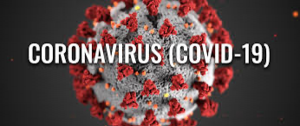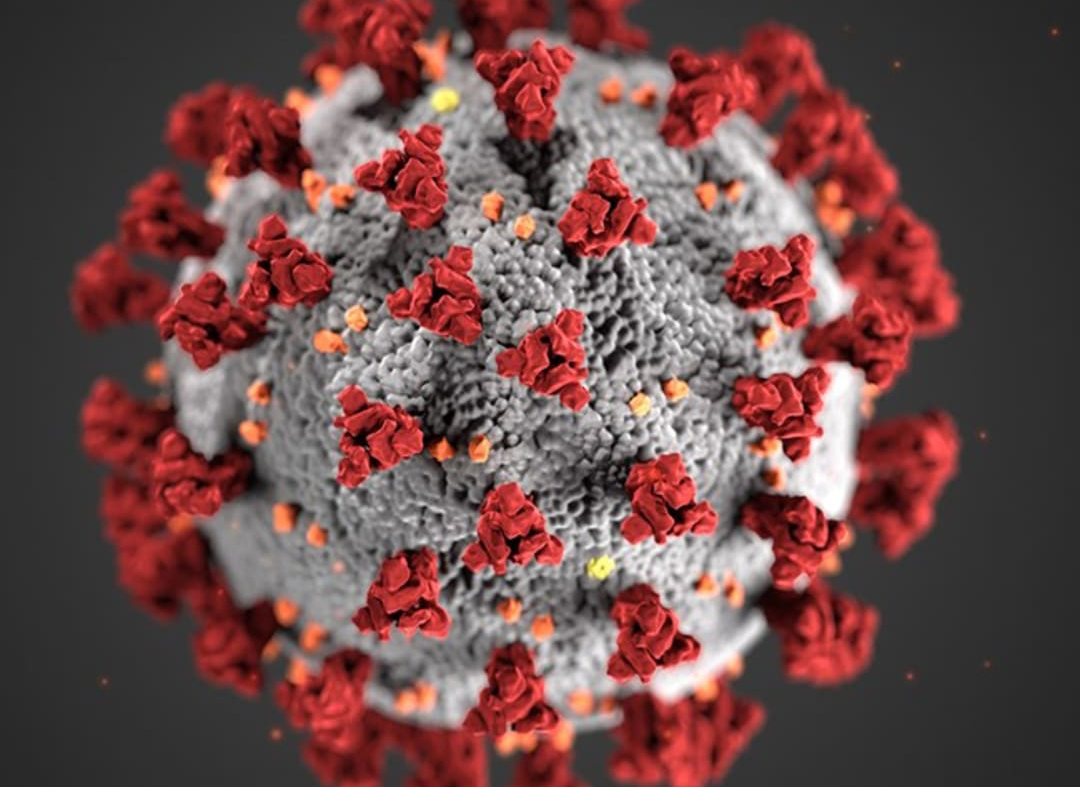
It’s unclear whether or not you are more likely to get COVID-19 because you are a sleep apnea patient. However, there are things you can do to make sure you stay as safe as possible as well as recognize that using CPAP could increase the risk of infection to others around you.
It is recommended you replace your mask, filters, and tubing as often as possible during this time. At minimum you should replace your cushion once per month, your tubing once every three months, your filters twice per month, and your mask every three months.
To get all your questions answered as well as to replace old and worn equipment, call a Petersen Medical representative today: 1-800-888-5137. Contact Petersen Medical Now. The following FAQ is from the American Academy of Sleep Science:
Coronavirus FAQs: CPAP tips for sleep apnea patients
The American Academy of Sleep Medicine (AASM) Public Safety Committee is responding to frequently asked questions (FAQs) about the coronavirus (COVID-19). The following questions were submitted by patients who have obstructive sleep apnea.
The AASM encourages you to follow the CDC tips on how to prepare for the coronavirus. The information below is for educational use only. The AASM is unable to provide specific medical advice. You should discuss your health and medical condition with a local medical provider. You also can request a telemedicine appointment with a health care provider who is licensed in your state.
View additional FAQs from ResMed about PAP devices and COVID-19. The CDC and WHO also offer general COVID-19 FAQs. Use the Coronavirus Symptom Self-Checker from the CDC.
Do I have a higher risk of getting coronavirus because I have sleep apnea?
It is unclear if sleep apnea causes you to have a higher risk of getting the coronavirus. People who do have a higher risk of the coronavirus include:
- Older adults
- Those who have serious medical disorders. These disorders include
- Heart disease
- Diabetes
- Lung disease
- Kidney disease
- Those who have a medical disorder, or take a medication, that weakens the immune system.
- Those who have had close contact with another person who has the coronavirus.
If I have symptoms of the coronavirus, should I continue using my CPAP?
If you have the coronavirus, it is important to talk to your medical provider before stopping any medical treatments. It is possible that using CPAP could increase the risk of spreading the virus to others around you. Be sure to talk to your medical provider about this risk.
If you are sick with the coronavirus, you should follow current CDC recommendations:
- Stay home except to get medical care.
- Separate yourself from other people in your home.
- Stay in a specific “sick room.”
- Use a separate bathroom, if one is available.
- Call ahead before visiting your doctor.
- Wear a facemask when you are around other people.
- Cover your coughs and sneezes with tissue.
- Wash your hands often with soap and water.
- Avoid sharing dishes, glasses or utensils with others.
- Clean and disinfect frequently touched surfaces in your “sick room” every day.
- Seek medical care if your illness gets worse. (But call your doctor first.)
If I have the coronavirus, will my CPAP be helpful for my breathing? Or could CPAP cause the coronavirus to get worse?
It is unclear whether CPAP could make the coronavirus worse. But using CPAP could increase the risk of spreading the virus to others around you. Talk to your medical provider about your treatment options for sleep apnea.
If I have the coronavirus, how should I clean and disinfect my CPAP mask and hose?
The CDC recommends that you should clean and disinfect your medical equipment according to the manufacturer’s instructions.* The directions for CPAP masks and hoses normally include regular cleaning with soap and water. It is unclear if extra CPAP cleaning is needed due to the coronavirus.
*Keeping it clean: CPAP hygiene (Philips)
*How to clean your CPAP equipment (RedMed)
The CDC also recommends that you clean and disinfect frequently touched surfaces in your household. This includes door knobs, light switches and handles. Learn more from the CDC about how to clean and disinfect your household.
Distilled water is unavailable in my area. What should I use in my CPAP humidifier?
According to ResMed, “*optimal* humidifier performance requires distilled water. That’s because most or all of its minerals have been removed, preventing mineral buildup in the humidifier tub. That said, tap or bottled water may also be used. It will not harm the device or pose a risk to patients. It will, however, require more rigorous humidifier cleaning to prevent excess mineral buildup in the tub.”
Call Petersen Medical Today! 1-800-888-5137
All it takes is a quick call to Petersen Medical, and a certified sleep specialist can help walk you through the reorder process.
- See if your current equipment is still working
- Find out what your insurance will cover
- Quickly receive your new accessories
Petersen Medical is Helping You Stay Safe!
COVID-19 is a serious issue, and we are doing everything we can to make sure your experience and equipment is safe.
- All Petersen Medical therapists use masks and gloves
- All supplies are shipped and packaged in sealed boxes
- All Oxygen tanks are thoroughly sanitized during refill
